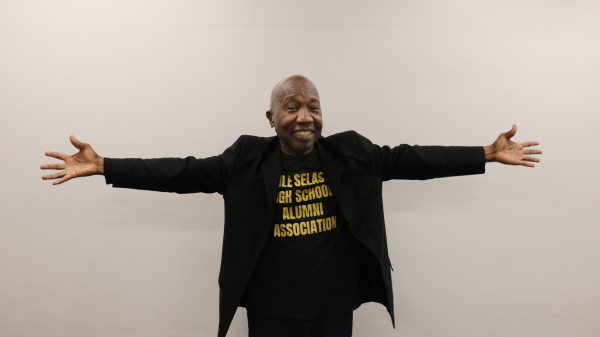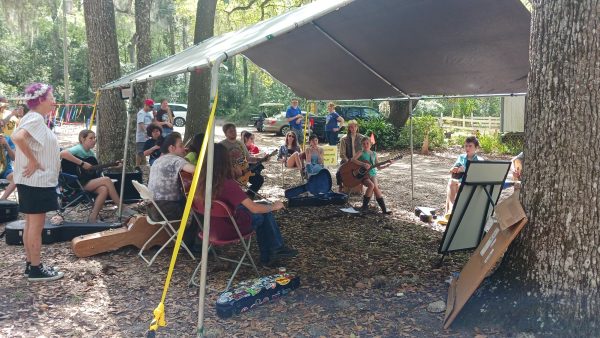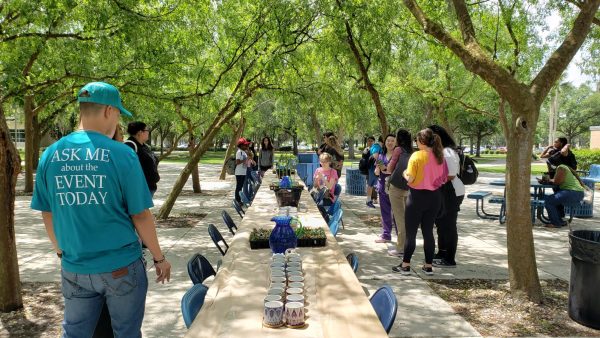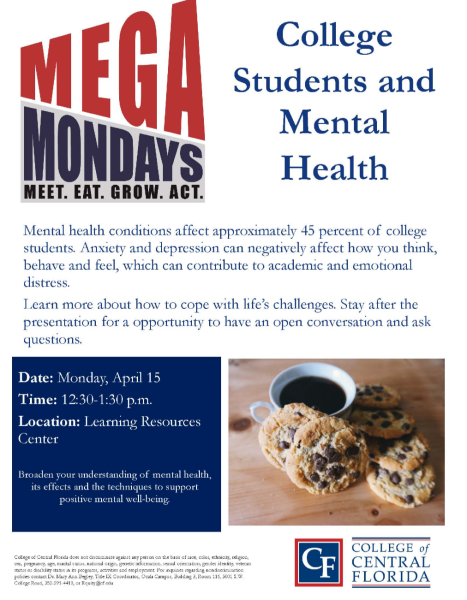The beneficial gap year
Whether a student is a new high school graduate, or in between degrees, it may be beneficial to consider a gap year.
A gap year is defined as, “A semester or year of experiential learning, typically taken after high school and prior to career or post-secondary education, in order to deepen one’s practical, professional, and personal awareness,” by The Gap Year Association.
In other words, a gap year is when a student takes time off from school to pursue personal growth and/or experiences.
According to Western Governors University, “Some gap years will involve religious, volunteer, or military service while others involve a job or internship. Some students will spend time traveling to learn a language or work in a foreign country…”
An important thing to note is that each individual’s gap year will look different. It is a time period students can devote to figuring out who they are and what they want out of their lives.
There are many beneficial aspects to a gap year. Some of these includes spending time doing volunteer work, internships, traveling, or even getting a job.
Moreover, there happens to be programs specifically tailored to a students gap year.. There are many options depending on how long you want your gap year to be. For example, you can also choose a program that lasts only a semester.
For more information on these types of programs visit EF Gap Year Programs Abroad .
This gives each student the opportunity to customize what experiences they want, and how long they want their time off from school to be.
“Some colleges actually encourage admitted students to take a gap year — including Harvard,” said Valerie Strauss, a reporter covering education, in her Answer Sheet Blog on The Washington Post.
No matter how a student’s gap year turns out, they will have new experiences to bring to the table.
One student may decide they miss school and they want to go back sooner then they had expected, while someone else may decide to take another semester off.
In both scenarios the student is growing personally and figuring out what is important to them.
According to an article written by the Year Out Group, “Over 230,000 young people between ages 18 and 25 years old [go] on some form of gap year break.”
That same article states, “60% said a gap year helped them decide what subject to study at a University.. 90% of gap year students who originally intended to go [to] a University on their return, do so.” ( Gap year statistics to help take the leap – Year Out Group ).
Financial troubles, or the inability to fund a gap year full of travel and fun are definitely downsides. Yet, a gap year can be anything the student wants, for some that may include getting a job to test the ropes and help with funding.
The decision is up to the individual, however, a gap year full of life experiences, travel, and personal development may be a worthwhile choice.















